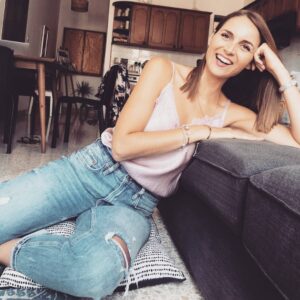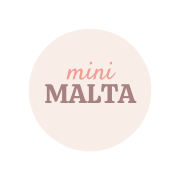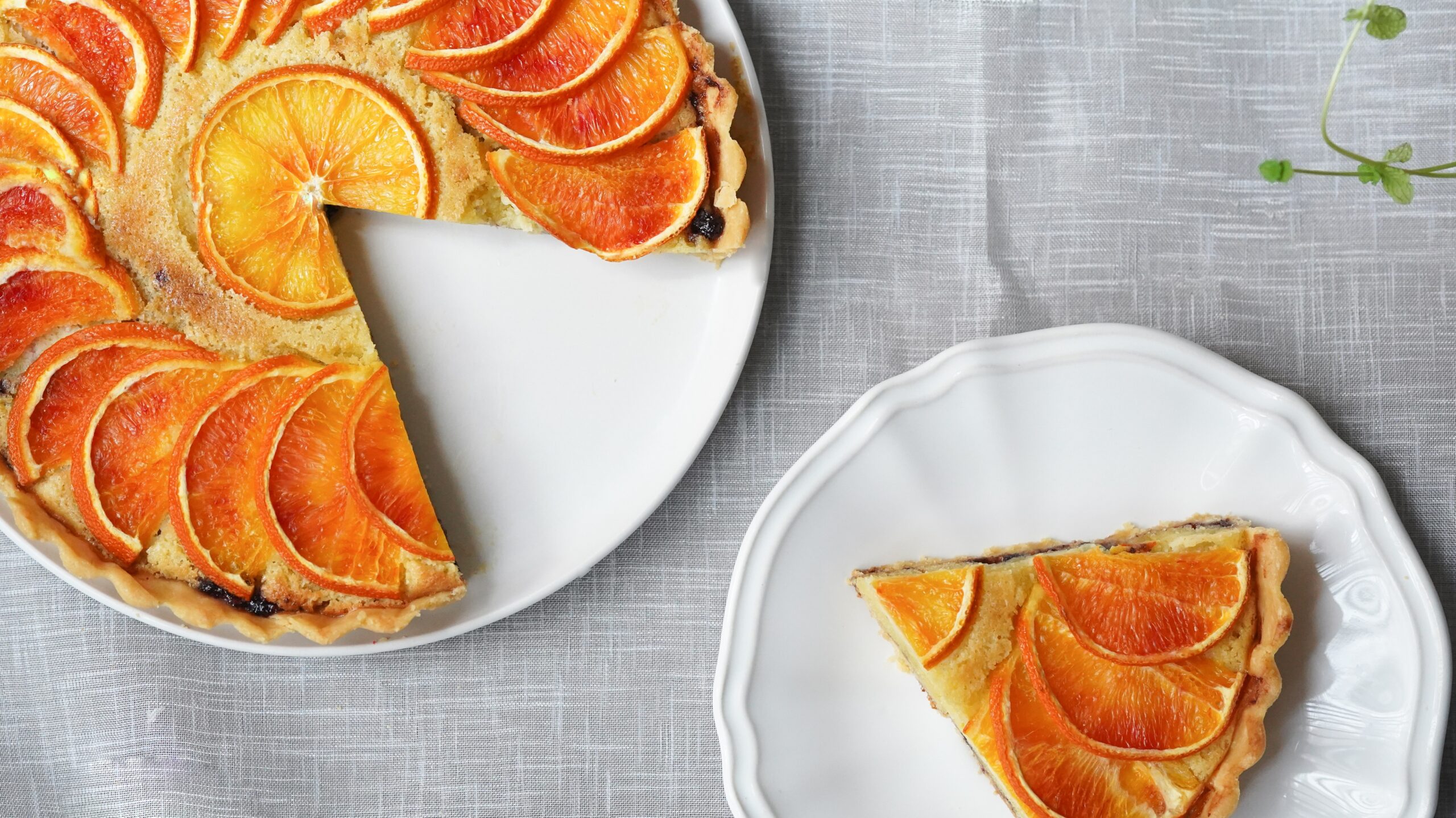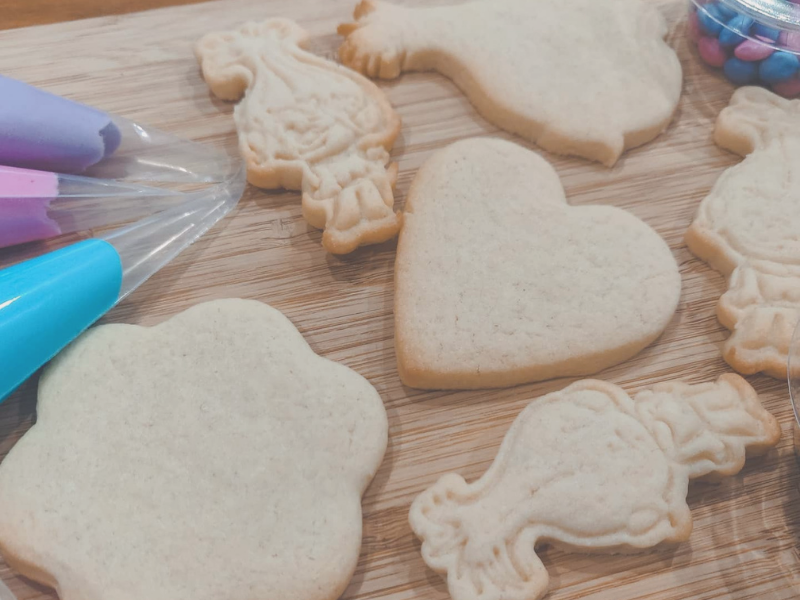2020 has been an extremely difficult year. It seems that there are very few people who don’t feel bruised and battered by the many challenges we have faced, and the newspapers are increasingly discussing the effect that this year will have on our ongoing mental health. This week we are talking to the wise and wonderful Emma Hogg, a psychotherapist and Founder of ‘A Life I Choose’ here in Malta, who through her Instagram account and YouTube channel, has brought a huge amount of comfort and advice to our community here on the island. Read on for more of her insights into how we can manage to thrive in a time of COVID…
Do you see COVID having an effect on society’s mental health? How so?
Yes. Very much so. And it can really help to understand why. With something like a new virus, there comes a huge amount of fear and disgust. These emotional responses are triggered by the limbic system and are critical for keeping us safe and healthy. But, when the limbic system is working this hard, it effectively shuts off the prefrontal cortex. This has wide-reaching effects on ourselves as individuals, but also for society as a whole. And this is because the prefrontal cortex is the part of the brain which is responsible for such things as compassion, forward-thinking and regulation of our emotions. When in this state, we are less able to think of ourselves as being connected with others, we experience more division, and as a result can be less generous, measured and understanding towards others unless we take this into account and take steps to help ourselves.
What can we do to safeguard our mental health from further damage?
Our brains’ primary response is to stay alive – they are not looking to make us happy. And, as such, the brain will always look for the worst-case scenario in order to help us to prepare and protect us from this perceived threat.
While clearly helpful on some levels, it is very important to put some space between our emotional reaction to an event – this immediate sense of dread and fear – and the way that we respond to circumstances. We need to notice that we are in a state of fear and learn how to calm ourselves. When we respond from a space of fear, we’ll choose things that do not serve us and our communities (we hoard – for example toilet paper, we push people away, we invest less in each other), but when we are able to notice our fear, calm ourselves down and then choose from a calmer space, we’re able to make decisions that are more inclusive of others, and that consider the long-term and not just the immediate future. Mindfulness techniques are a powerful tool in helping us to do this.
What do you do on a daily basis in order to maintain good mental health?
I have practiced mindfulness for about eight years now. But not always by spending time meditating, as is often the expectation of how that looks. It’s just part of my day – again, trying to recognise my emotional response to things before I react.
However, during lockdown I did meditate more. The reality is that, if your brain is in fight or flight mode, your body is less able to combat illness. So, in order to give myself the best chance of health, I felt it was really key to help myself to remain calm.
Should we worry about the psychological effect this year might have on our children? Is there anything we should be doing specifically with the younger generation?
The reality is that, yes, all this will have had an effect on our children. Whether they understand exactly what’s happening or not, our children feel us and read our emotions very intuitively so they will have a sense of what has been going on. Furthermore, they don’t have the boundaries or the ability to regulate themselves the way that – hopefully! – we do. So it is key that we model healthy emotional regulation to our children.
But that’s not to say that we need to be perfect. Indeed, if there is a positive to come from this year, it might be that our children are taught lessons about resilience in a really powerful way. Life is not about never getting knocked down, it’s about how you get up. And about how you deal with the range of emotions that you are inevitably going to have. So, modelling healthy emotional regulation to our kids is not about never losing it; it’s about showing them how to come back from that space – how to centre again. Compassion starts with ourselves – if we can be kind and understanding with ourselves, we are able to show the same kindness and understanding to others. This is what our children need to see.
What will be your lasting memories of 2020?
As soon as you asked this question, my thoughts turned to something that actually happened back in January before we even knew what was up ahead. We hosted A Life I Choose’s New Year Evolution Workshop where our focus is on choosing the kind of year we’re going to create for ourselves and our loved ones. As we take ownership of our ability to choose and create our quality of life, we have to also acknowledge the things that are not within our control, and our ability to embrace these events with resilience. To communicate this message, I shared the story of Viktor Frankl, the Austrian neuroscientist and psychiatrist. Frankl was Jewish and spent WW2 inside a number of concentration camps. On surviving the war, he was released only to discover that everyone he loved was gone, his wife, mother, father and brother killed in a camp and his sister emigrated to Australia.
Frankl had every excuse to give up and turn bitter towards the world. He had been through the most immensely traumatic and dehumanising experience. There was no guarantee that just because the war was declared “over” that it wouldn’t happen again. And he had lost everyone he ever loved.
But he didn’t crumble; instead, he wrote about his experiences and through his writing he developed logotherapy, literally “healing through meaning”, or – put simply – the awareness that we can live with any situation as long as we choose what meaning we give it. No matter what happens to us, we can shift our focus from questions like, “Why is this happening to me?” to “What can I learn from this?”. Or from, “I can’t handle this” to “What can I do to support myself to cope with this better?” No matter what happens to us, what knocks us down, it is each individual’s responsibility to choose to get back up.
Looking back now, that workshop was incredible preparation for what was to come and I’m really glad we shared this with the A Life I Choose community because I’m sure Frankl’s message has served many.
Let us know if you have any questions for Emma – we’ll keep in touch and pass on replies. Add your questions in the comments below or email editor@minimalta.com.

Emma Hogg
Emma is a psychotherapist here in Malta who lives, breathes and eats the science of joyfulness, wellness and achievement. She’s the Founder of A Life I Choose, a self-development agency that guides clients to amplify their strengths so they can overcome any challenge and create the life they really want.


